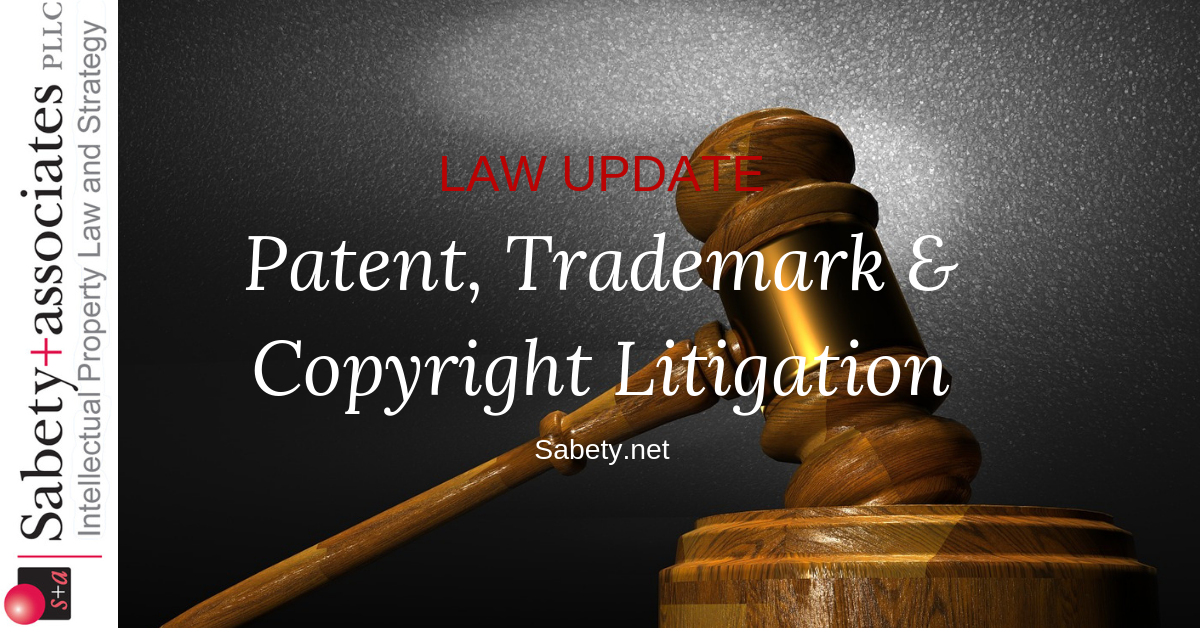May 2016. Copyright Law. ORACLE v. GOOGLE (ND Ca).
A Jury in the Federal District Court, ND California Finds Google’s Use of Android in certain Java “Declaring Code” that is Owned by Oracle is Fair Use. This was a copyright and patent case brought against Google by Oracle back in 2010. Apparently, the only surviving claims are to copyright infringement, not patent infringement. According to the court’s jury instructions, “The point of contention is over the declaring lines of code within the 37 API packages, also referred to as declarations or header lines, which Google concededly used in Android….” The court noted that “there is no contention… that Google copied the implementing code for the 37 API packages.” Google argued that their use of the declaring code, which defines an application programming interface was “fair use” under the Copyright Act. A trial was held, and the jury determined that “Google [has] shown by a preponderance of the evidence that its use in Android of the declaring lines of code and their structure, sequence, and organization from Java… constitutes fair use under the Copyright Act.” More interesting is the jury instructions explaining “fair use” under the Copyright Act. The court said that “The policy behind the right of fair use is to encourage and allow the development of new ideas that build on earlier ones, thus providing a counterbalance to the copyright policy to protect creative works.” It is notable because fair use is a defense to infringement, not a ‘right’. Further, the court mushes together the notion of “ideas” with “creative works.” Copyright protects expression, not ideas, and it is the code expression that gave rise to Oracle’s infringement claim, not the idea. It is curious that the “merger” doctrine—which finds no copyright protection if the expression and idea are inextricably intertwined– is probably the more applicable test to apply to this case. I expect a lengthy appellate process.
May 12, 2016, Patent Law, ENFISH v. MICROSOFT et. al. (Federal Circuit)
The Federal Circuit Further Endorses Patentability of Software Inventions. The U.S. Court of Appeals, Federal Circuit explained that the U.S. Supreme Court’s recent opinion in the Alice case regarding the patentability of software processes did not preclude software patents. It noted that “Software can make non-abstract improvements to computer technology just as hardware improvements can.…” The court went on to formulate a test “whether the claims are directed to an improvement to computer functionality versus being directed to an abstract idea….” The court held that claims over a database organization structured as a “self-referential table” were patentable because “they are directed to a specific improvement to the way computers operate….”
It is interesting to compare this case—where the organizational structure of information in a database was found not abstract—to the Oracle case, where declaring code that merely recites variable declarations and their structure was found effectively not subject to copyright in order to promote “new ideas.”

